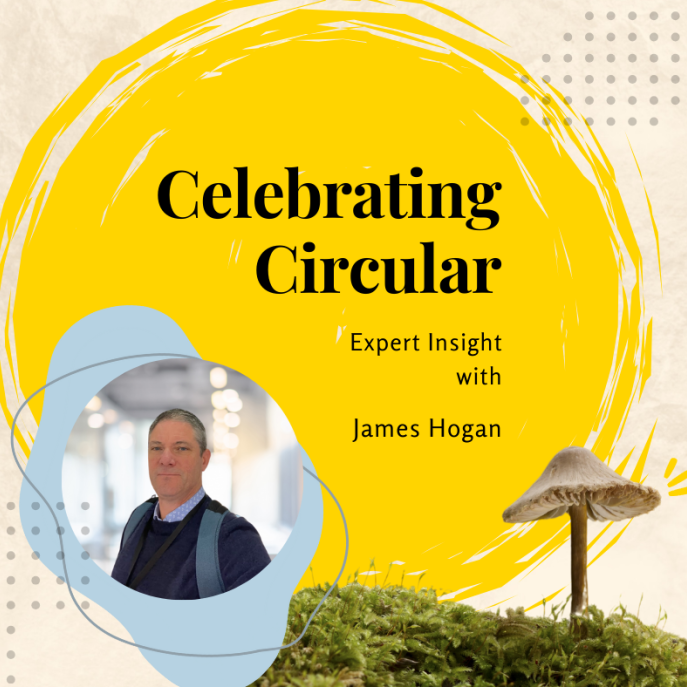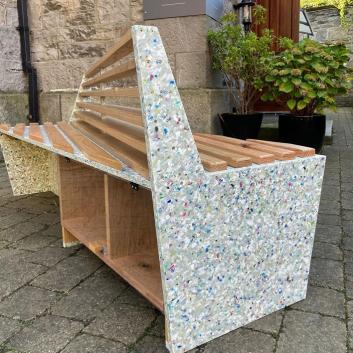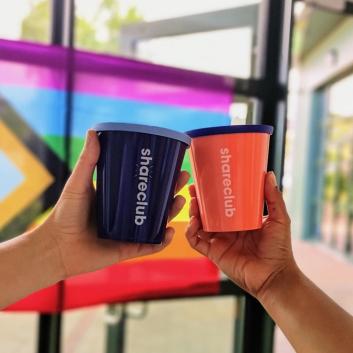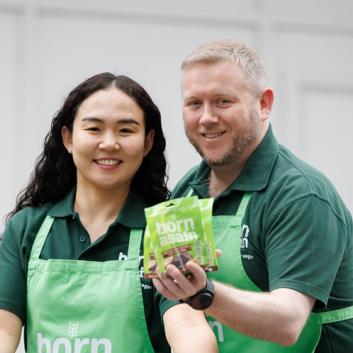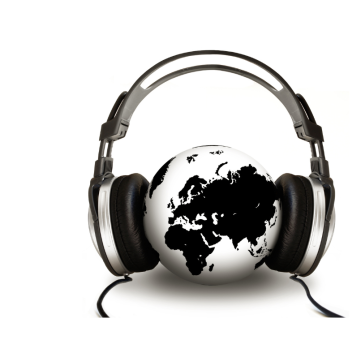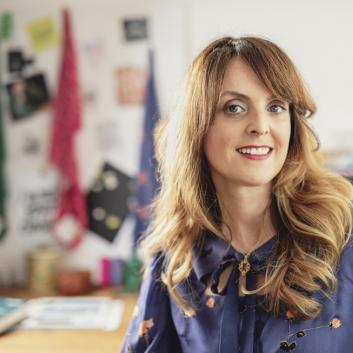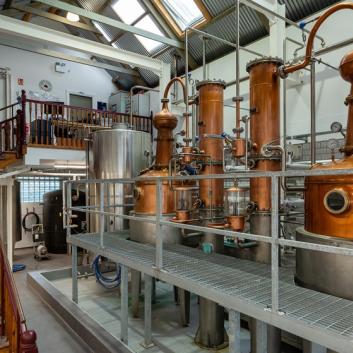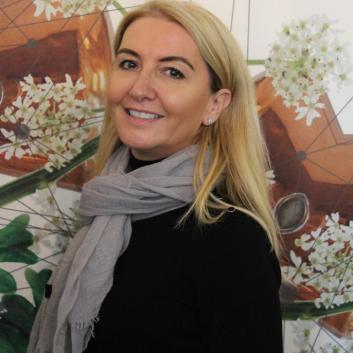“We need to make sustainability easier to understand and demonstrate feasibility”
This article is part of the 'Celebrating Circular` initiative and story collection that spotlights trailblazer Irish businesses making strides towards a more sustainable and low-carbon economy.
It aims to highlight the encouraging achievements of companies that participated in the MODOS circular economy training provided by Local Authorities to local businesses and supported by the Regional Waste Management Planning Offices and Dublin City Council.
Expert Insight
James Hogan has been an Environmental Consultant with the Clean Technology Centre (CTC), based at Munster Technological University since 1995.
His key areas of expertise include Environmental Management Systems, Resource Efficiency, Energy Efficiency, Carbon Management, Renewable Energy, ESG and Sustainability.
Managing several national programmes, such as the Green Business Programme and the Green Hospitality Programme, gave him a broad overview of adopting sustainable practices in different sectors. In addition to these experiences, he is currently Programme Manager for the HSE's Green Healthcare Programme.
Resource efficiency as a low-hanging fruit for businesses
As one of the trainers in the MODOS course, he mainly focuses on resource efficiency and connecting the circular economy with practical solutions that can increase business productivity.
As James explains, resource efficiency can be the low-hanging fruit that allows businesses to taste the benefits of adopting sustainable practices.
“For instance, in hospitality, it doesn't really make business sense to throw out food you paid for, so reducing food waste means significantly improving your bottom line.”

However, in many cases, it requires changing habits and expectations while creating new routines.
James shares that these changes can be met with some resistance due to formalities or traditional ways of doing things that we seem to hold on to.
“Simple things like inviting hotel guests to make their own toast instead of placing a basket full of toast on each table can make a difference. Still, you need to manage guest's expectations in order to shift mindsets and practices.”
Behavioural change as a bottleneck for change
He says behavioural change is a massive challenge on both sides – business offerings and consumer acceptance.
“The lack of time is the biggest enemy in making change happen. Businesses are busy running their operations, and it is hard to dedicate time to upskill and adopt changes.”
However, as James sees it, resource efficiency can help take the first few strides, as shifts are usually low-cost and provide a high return on investment.
Still, at some point, you need to train your staff and raise awareness among employees just as much as with customers.
This is where programmes like the MODOS training can help, as they allow participants to gain practical knowledge that can be applied right away.
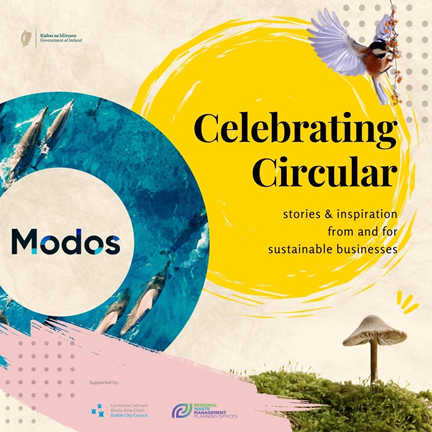
Learn more about the Celebrating Circular initiative!
The 'Celebrating Circular` digital publication and online story collection spotlight trailblazer Irish businesses making strides towards a more sustainable and low-carbon economy.
Download the digital publication unveiling stories of changemakers and expert insights!
Keeping up with new routines
“The magic happens when businesses start doing it and seeing the savings. It becomes tangible and not just a concept, realising the actual impact, which can be highly inspirational and a driver for adopting further changes,” says James about why resource efficiency is a good place to start a sustainability journey.
He notes that a crucial part of keeping up with these positive changes is repeatedly training staff not to slip back into the old routines.
Mentoring is available to participating businesses to help them adopt what they have learned from the MODOS course, providing them with the opportunity to work on specific issues with the help of experts.
James has recently worked with Peter Marks Hair Saloons as a mentor after they graduated from the course to explore how to increase resource efficiency in their operations.
Measures included reducing hot water consumption by switching shower heads and using more efficient hairdryers to decrease energy usage, besides looking at opportunities to install solar panels in the future.
Exploring the untapped business potential of circularity
Promoting easy wins for businesses is an area where James feels more can be done to increase awareness and buy-in.
“We need to make sustainability easier to understand and demonstrate feasibility alongside straight-forward signposting regarding where to go to get support and take the next steps.”
Although circularity is getting more attention, there is massive untapped potential for businesses. To make it more mainstream, James believes senior management should be more involved and devoted to putting sustainability on their priority list, while shareholders could demand this and look beyond short-term profit.
Based on his three decades of experience, he says one thing that still encourages him is seeing that companies are capable of change and taking on sustainability as a way of enhancing their business.
“Most forward-thinking businesses want to do more once they get the hang of it and see the benefits. They want to keep advancing, keep getting better and move towards higher levels after harvesting the low-hanging fruits.”






